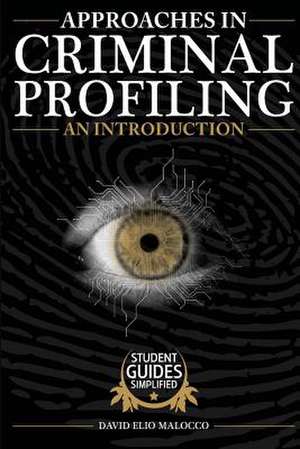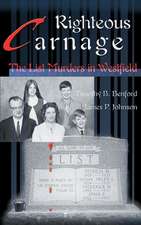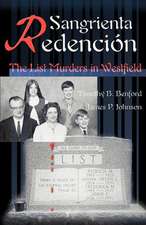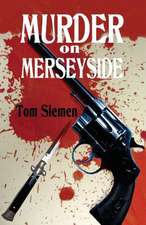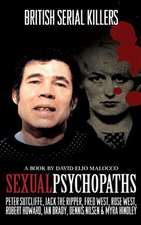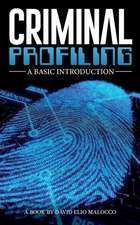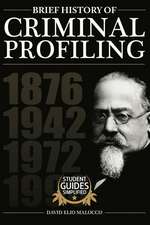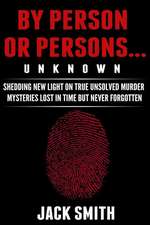Approaches in Criminal Profiling
Autor MR David Elio Maloccoen Limba Engleză Paperback
Preț: 131.69 lei
Nou
Puncte Express: 198
Preț estimativ în valută:
25.20€ • 26.38$ • 20.85£
25.20€ • 26.38$ • 20.85£
Carte tipărită la comandă
Livrare economică 07-21 aprilie
Preluare comenzi: 021 569.72.76
Specificații
ISBN-13: 9781507802120
ISBN-10: 1507802129
Pagini: 196
Dimensiuni: 152 x 229 x 11 mm
Greutate: 0.3 kg
Editura: CreateSpace Independent Publishing Platform
ISBN-10: 1507802129
Pagini: 196
Dimensiuni: 152 x 229 x 11 mm
Greutate: 0.3 kg
Editura: CreateSpace Independent Publishing Platform
